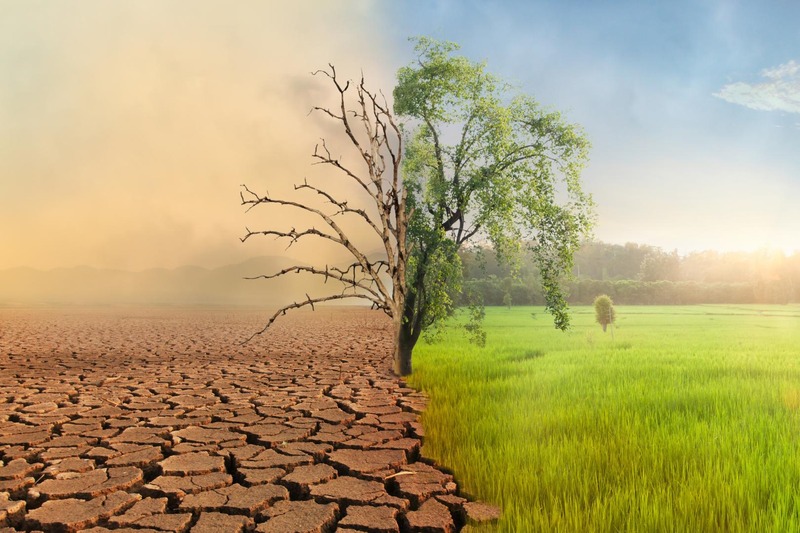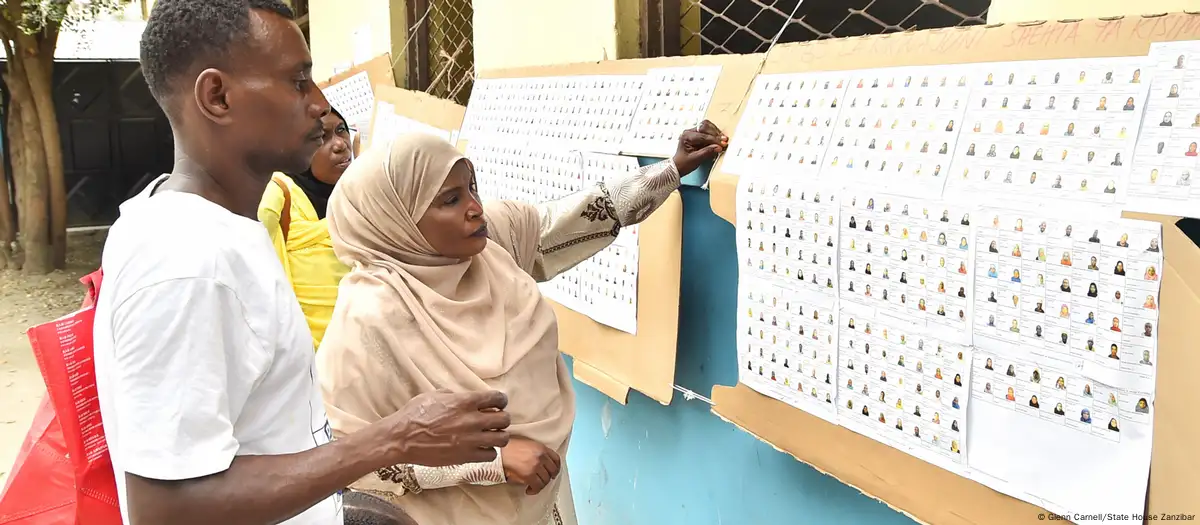Escalating health crisis: Climate change's toll on lives and economies

Research shows that transitioning to net-zero greenhouse gas emissions can yield greater economic benefits than the costs of inaction.
The latest Lancet Countdown report highlights a growing health crisis linked to climate change and the reliance on fossil fuels. The report shows that heatwaves, air pollution, food insecurity, and the spread of infectious diseases are increasingly harming global health, particularly for vulnerable populations.
Despite years of warnings about the health risks of climate inaction, countries have struggled to adapt. In 2023, only 68 per cent of nations reported strong health emergency management systems, and a mere 11 per cent of low Human Development Index (HDI) countries fell into this category.
More To Read
- Five-day forecast predicts intense rainfall across the country
- Why countries struggle to ditch fossil fuels despite rising costs, decades of climate deals
- Explore earth in 2100: New online game lets you imagine the future
- WMO warns of escalating climate risks, says CO₂ levels hit record high in 2024
- Millions at risk as World Meteorological Organisation warns of gaps in early warnings
- Renewables overtake coal in global electricity generation
Furthermore, only 35 per cent had early warning systems for heat-related illnesses, and just 10 per cent for mental health issues. A major barrier to effective adaptation is the lack of financial resources, with half of the cities surveyed not planning to assess climate change and health risks.
Only 27 per cent of the Green Climate Fund's adaptation funding in 2023 supported health-related projects, despite a 137 per cent increase since 2021. Without universal health coverage, financial support is essential to strengthen health systems against climate-related threats.
The report reveals alarming statistics about heat-related mortality, particularly among those over 65, which has surged by 167 per cent since the 1990s far exceeding the expected rise. Heat exposure is also negatively affecting physical activity and sleep quality, leading to a significant rise in heat stress and sleep loss in 2023 compared to past decades.
Extreme weather events pose additional risks. From 1961-90 to 2014-23, 61 per cent of the global land area experienced more extreme precipitation days, raising the risk of flooding and infectious diseases. In 2023, nearly half of the global land area faced at least one month of extreme drought, impacting food security for 151 million more people than in previous years.
The worsening weather conditions are also increasing the frequency of sand and dust storms, leading to a 31 per cent rise in people exposed to high levels of particulate matter. Changes in weather patterns and rising temperatures are facilitating the spread of infectious diseases like dengue and malaria to new regions, endangering more lives.
Economically, climate change disrupts the social conditions underpinning health and well-being. Annual economic losses from extreme weather events rose by 23 per cent from 2010-14 to 2019-23, totalling $227 billion—surpassing the GDP of about 60 per cent of the world's economies.
While over 60 per cent of losses in high HDI countries were covered by insurance, most lower HDI countries faced uninsured losses, burdening local communities with the consequences.
Additionally, climate-related health impacts are reducing labour productivity, with heat exposure leading to a record loss of 512 billion potential work hours in 2023, equating to $835 billion in lost income. This disproportionately affected low and medium-income countries, where losses represented 7.6 per cent and 4.4 per cent of their GDP, respectively.
The interconnected nature of these climate hazards poses compounded health threats, especially as global temperatures rise. Urgent action is needed to increase equitable financial investments to mitigate the severe impacts of climate change.
Research shows that transitioning to net-zero greenhouse gas emissions can yield greater economic benefits than the costs of inaction. Investing in healthier, more resilient populations will contribute to more prosperous and sustainable economies.
A United Nations report reveals that extreme weather events have resulted in the deaths of 2 million people and inflicted $4.3 trillion in economic damage over the past 50 years.
Top Stories Today










































